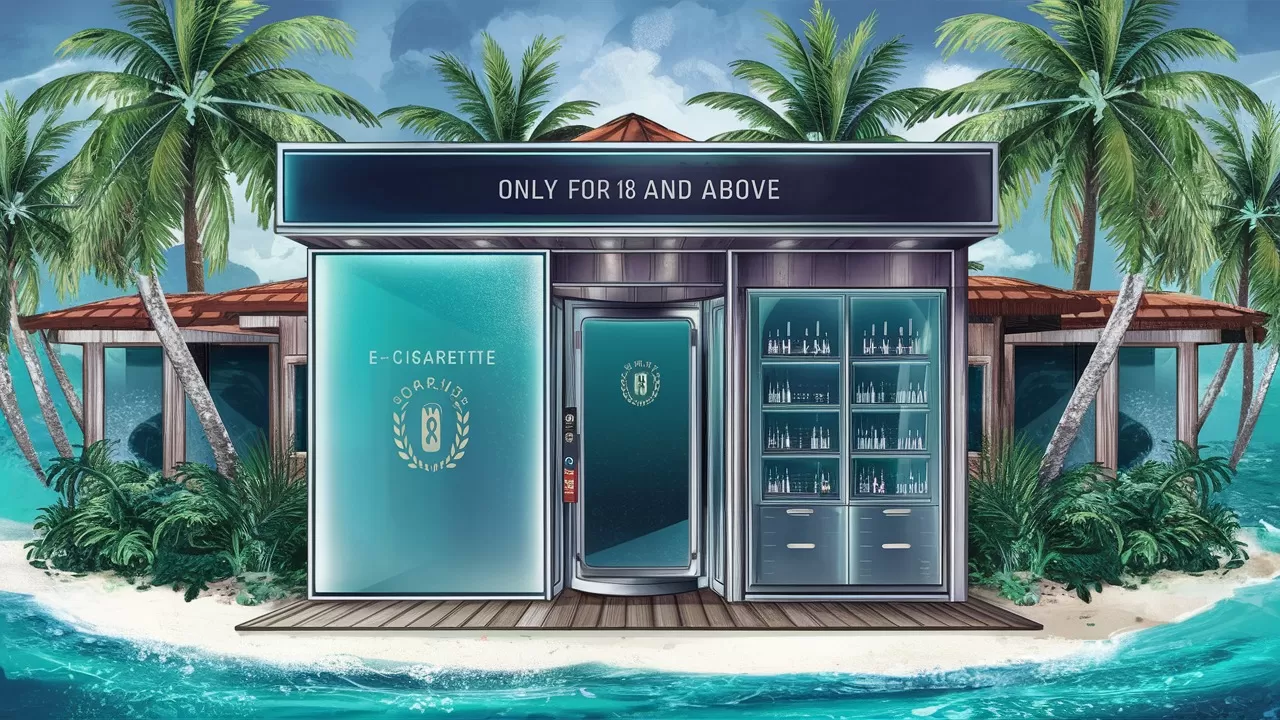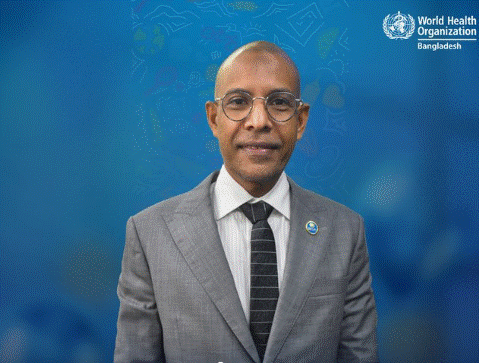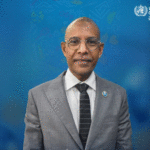President Dr. Mohamed Muizzu has announced a sweeping ban on vaping products in the Maldives, citing health risks and the need for stronger regulations on their use. In a statement posted on X, the president directed authorities to prohibit the importation of all vaping products and components starting from November 15, 2024. A broader ban on the use, possession, manufacture, sale, advertising, and distribution of these products will follow on December 15, 2024.
The move comes as the Maldives grapples with a rising tide of tobacco and e-cigarette use, particularly among young people. Recent statistics highlight a troubling trend in the country: over 17 percent of Maldivian children between the ages of 13 and 15 use e-cigarettes, a factor contributing to growing concerns about public health.
The President’s X post read as follows: “I have directed the competent authorities to prohibit the importation of vaping products and their components into the country from 15 November 2024 and to take all necessary steps to prohibit the use, possession, manufacture, sale, advertising and free distribution of vaping products in the country from 15 December 2024.”
The ban marks a significant step in the government’s efforts to curb the country’s tobacco epidemic, which has long been a cause of concern.
The Maldives has one of the highest smoking rates in the region, with over a quarter of the population smoking traditional cigarettes. Health officials have warned that tobacco-related diseases, including lung cancer, heart disease, and respiratory issues, claim around 150 lives annually.
“The rise in such conditions among youth and middle-aged people is a matter of grave concern,” a Health Ministry statement previously noted, stressing that the increase in long-term illnesses is straining the country’s universal health insurance scheme, Aasandha.
Muizzu’s decision to ban vaping adds a new layer to the ongoing public health battle. While e-cigarettes are often promoted as a safer alternative to smoking, health experts argue that they still carry significant risks, especially for young people.
As the government gears up for enforcement, authorities are expected to implement stricter surveillance and awareness campaigns in the lead-up to the ban, aiming to curb the spread of vaping products across the island nation.














